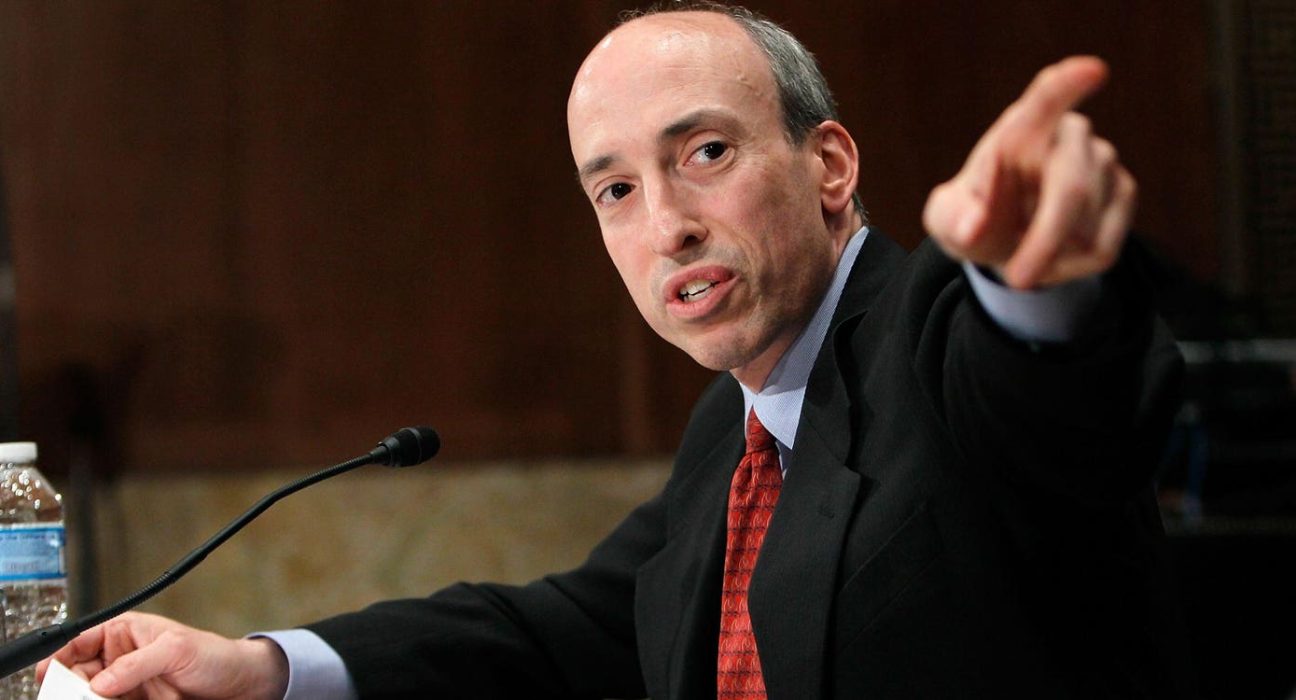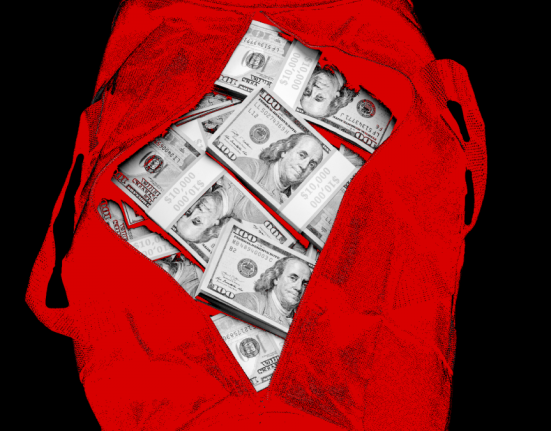SEC Chair Gary Gensler continues to seek legal action against crypto firms
The SEC is continuing its pattern of regulation by enforcement by filing a Wells Notice against Uniswap
UNI
All of that is why the action taken by the SEC against Uniswap should be concerning for crypto advocates and investors, both on its own merits and as an indication or potential future actions. Although previous investigations into Uniswap Labs, having been underway since 2021, have resulted in the delisting of several tokens from the platform, the Wells Notice is a significant escalation of these efforts. Uniswap is unique among decentralized exchanges as its primary functionality is allowing automated token exchange via the Ethereum
ETH
It remains to be seen how this case will play out, but the significance of this action cannot be overstated. Let’s take a look at a few things investors should keep in mind.
DeFi Is On The Hot Seat
With the resolution of cases against both Binance and FTX, and with the charges against Coinbase and Ripple being contested vigorously by those firms, the regulatory apparatus in the United States has pivoted to find other sectors of crypto to scrutinize. Trading products, thanks to the 11 bitcoin spot ETFs have been approved and attracted billions in investments without any ill effect to market structure, are also off the table for the moment. Stablecoins face unique challenges thanks to the overlapping oversight from the SEC and banking regulators, but U.S. based issuers have seemed willing to work with regulators.
Such a scenario leaves DeFi, a fast growing area of the cryptoasset space that is without centralized lobbyists, as a straight forward next place for regulators to focus. Some of the issues raised certainly have merit, including the frequency of frauds and scams that have occurred, but trying – yet again – to squeeze all cryptoassets into existing securities laws is a short-sighted and unproductive regulatory approach.
U.S. Regulators Are Mandating DeFi Reporting
If any one aspect of the U.S. regulatory conversation has become clear during 2023 and 2024 it is that there is a concerted effort among multiple regulators to mandate – through enforcement actions and expanding existing laws – increasing levels of transparency and reporting for all crypto operators. In order to respond effectively against the Wells Notice, and any future enforcement actions, Uniswap Labs will almost certainly have to turn over user and customer information. Even U.S. based and regulated exchanges such as Coinbase have had to hand over reams of records and data to the IRS going back to 2017, and it seems unlikely that Uniswap will manage to avoid a similar outcome.
When combined with the forthcoming changes to IRS code sections 6045 and 6050I it is clear that regulators are going to continue to seek more and more varied information from all operators in the crypto space, including decentralized exchanges and DeFi operators. Given that even well established centralized exchanges have put up opposition to these changes and anticipate difficulties in complying with them, DeFi and DEX’s should be prepared for legal and operational challenges as rule changes take effect.
Less Anonymity Is Coming
One trend that has manifested itself across the cryptoasset industry and marketplace as well as associated assets after achieving widespread awareness is that the anonymity long associated with crypto is decreasing. With even bitcoin becoming a centralized trading instrument issued by some of the largest TradFi institutions in the world (ETFs), stablecoins rising in prominence and utilization, states in the process of developing and issuing stable tokens (Wyoming), or regulatory pressures the fact remains that anonymity will become an increasingly scarce commodity in the cryptoasset space.
The loss of anonymity is clearly a controversial topic, but it is one that seems inevitable as cryptoassets continue to become integrated and a part of the TradFi landscape.
Legal actions and other enforcement efforts are par for the course for crypto investors, but all market actors should watch how the Uniswap case unfolds.







